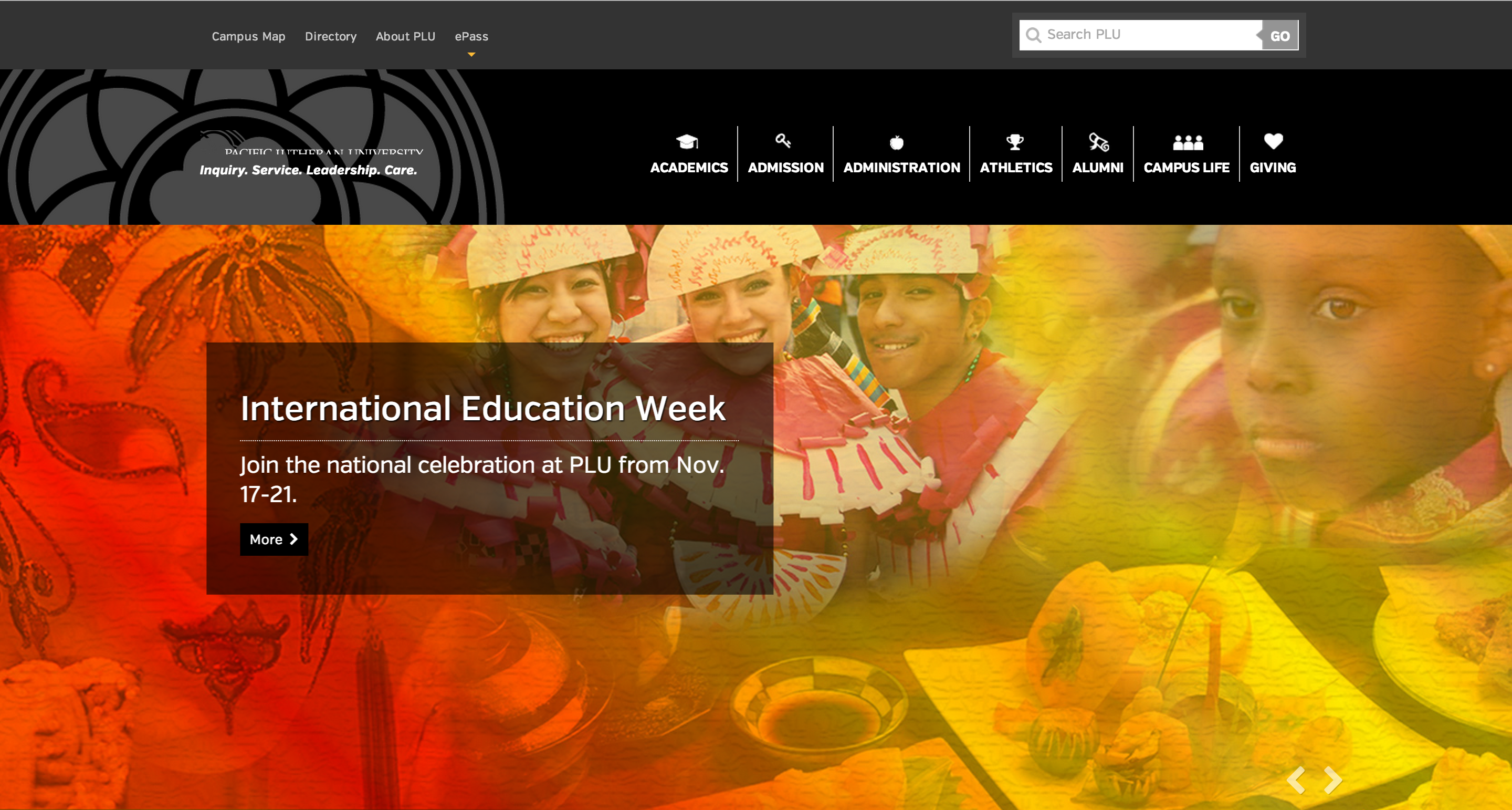Kiyomi Kishaba
Opinion Editor
On any Thursday or Friday morning in the AUC there is a line of Lutes waiting for COVID-19 rapid testing. To the dismay of some music students, the majority of them are athletes.
Athletes have practiced in-person since September, required to attend community testing every two weeks. In January, PLU began rapid testing athletes one to three times a week depending on the sport. This rapid testing area in the AUC was exclusive to athletes until spring semester began and the general student population was given access to this testing as well. Since the rapid testing clinic is run by the coaches of PLU athletic teams, athletes were given priority access.
However, some music and arts students have criticized PLU for seemingly prioritizing sports over in-person rehearsals and performances. This stems from the age-old divide between the upper and lower campus, a literal and figurative split between music students and athletes. In the past months, many music and performance students have turned to the anonymous Instagram page PLU Confessions to air their grievances about having to perform virtually while athletes take planes to in-person competitions. Some students began commenting on photos of athletes competing on the PLU Athletics Instagram page, asking why athletes can run without masks but theatre performances remain virtual.
First year Abigail Thompson, a vocal music minor, argued music and theatre students should be prioritized over athletes because these passions are their careers. Learning how to conduct performances and direct plays is part of their education before entering the workforce.
“As many professors will tell you, school comes first,” Thompson said. “School should come first in PLU’s mind too. Put majors and minors ahead of extracurriculars.”
A musical theatre student who wished to remain anonymous felt that the lack of priority given to theatre students during COVID-19 makes them feel less valued by the school. They believe PLU should give equal opportunities to both sports and theatre productions.
Henry Temple, a senior theatre major, had a different take on the prioritization. Temple respected the decision to allow in-person athletic practices in the fall while relegating music and theatre to virtual rehearsals.
“In order to make athletics happen, it has to be in that in-person environment,” Temple said. “There were clear compromises that we [theatre students] could make that athletes could not.”
However, when Temple began participating in in-person rehearsals for the PLU opera last month, he was disappointed with the seeming lack of concern shown by PLU for the health and safety of the actors. Unlike athletes, the theatre students were not required to participate in weekly testing despite being in a risky environment.
One of the sports teams most frequently tested is football, tested two to three times a week since it is a contact sport. Senior football athlete Tyson Creekmur is grateful for the opportunity to participate in athletics, especially during his senior season. He wishes the music department had similar opportunities, but recognizes the role funding might play in the disparity of in-person opportunities. Athletics has support from NCAA and the Northwest Conference along with many alumni donors. Above all, Creekmur wants music and performance students to know they have support from their fellow Lutes.
“Us athletes have nothing against the music department and understand their frustration,” Creekmur said. “We love and support them and would be happy to help in any way.”
Some students are athletes and some students study music or theatre, but some students do both. Senior James Waltz has participated in the men’s swim team and the men’s rowing team, and has played bass in the orchestra and received private instruction his entire college career. Waltz argues that sports teams have been given some amount of special treatment during COVID, allowing athletes to practice for extended times indoors and outdoors while orchestra and music rehearsals have been short or nonexistent. However, Waltz believes this disparity stems from the efforts of athletic coaches and staff to push for permission to practice and compete safely, an effort Waltz has not seen from his director or other leaders in the department.
“Overall, I think there are legitimate reasons for arts students to be frustrated with how the university is handling certain aspects of COVID in regards to in person activities,” Waltz said. “Those who place the blame at the feet of other students who are able to enjoy greater access is misplaced, and there should instead be a push on their faculty to advocate more for their ability to do what they love.”
As PLU progresses towards a full in-person return in the fall, music and performance students hope to see their majors valued equal to athletics.


















